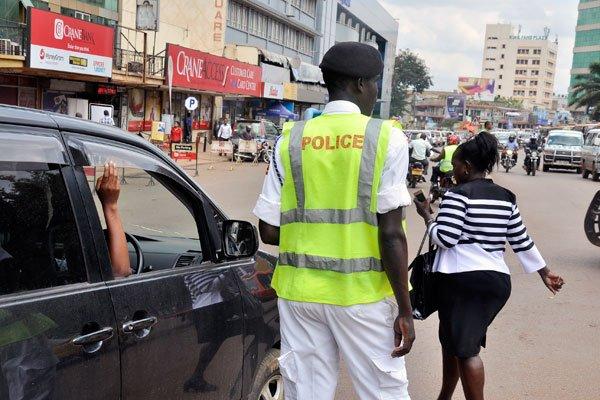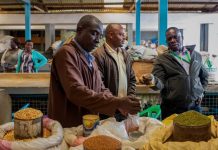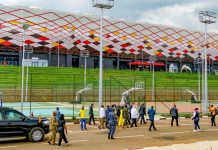Africa-Press – Uganda. It is that time of the year again when most urban dwellers travel upcountry for the festive season. However, this year, due to the Covid-19 pandemic, more precaution is needed.
Winstone Katushabe, the commissioner, Transport Regulation and Safety at the Ministry of Works and Transport, says the Standard Operating Procedures (SOPs) that were initially issued by the Ministry of Health in regard to public or private transport have not changed. These include carrying half or 50 per cent of passengers in your vehicle. “Because you carry all your family members in the car at the same time, why not start making journeys say a week before Christmas,” Katushabe advises.
Preventive kits
Henry Musinguzi, a general practitioner, says it is important to make a budget for Covid-19 preventive kits such as masks and sanitisers. “You will interact with many people whose Covid-19 status you do not know. It is, therefore, paramount that you and your family wear your face masks while in public and sanitise your hands, car door handles and seats often,” he says.
Observing traffic rules Charles Ssebambulidde, the spokesperson of the Police Traffic Directorate, says abuse of traffic rules, especially driving above the set speed limits, will attract traffic penalties or even being locked up in police cells. “The maximum driving speed on major, if not all Ugandan highways, is 80km/hour and 100km/hour for expressways,” he says, adding that every driver must read road signs and respect what they indicate.
PlanningYour mind and attitude are key in preventing accidents. For instance, if a motorist tries to overtake you in a place you believe is unsafe, do not try to stop or block them. “Plan your journey. For example, you cannot start a journey to Kisoro District at 2pm yet there is curfew of 9pm. If you plan and start your journey early, you will reach early and have ample time to drive safely,” Ssebambulidde advises. Whereas Covid-19 has its own SOPs, Ssebambulidde says they are not implemented separately from the general traffic laws and regulations, but rather simultaneously. This means you must carry passengers as per the set SOPs.
Journey management
Paul Kwamusi, a road safety consultant, says journey management involves aspects such as where to stop for refreshments and rest and how you prepare your body on the eve of travelling. “Map out stopover points where you will stretch before proceeding with the journey. Driving nonstop could expose you to body paralysis,” Kwamusi says.
Rest
‘‘On the eve of your journey, rest enough to get rid of fatigue or stress. Stay away from things such as alcohol that could affect how you decide and react on the road. “Driving with a fresh mind and body means you are concentrated and can decide without influence of anything. Avoid destructions, especially to the car and its occupants, using the phone or playing loud music,” Paul Kwamusi, a road safety consultant, advises.






